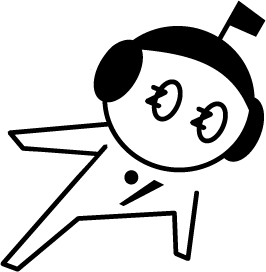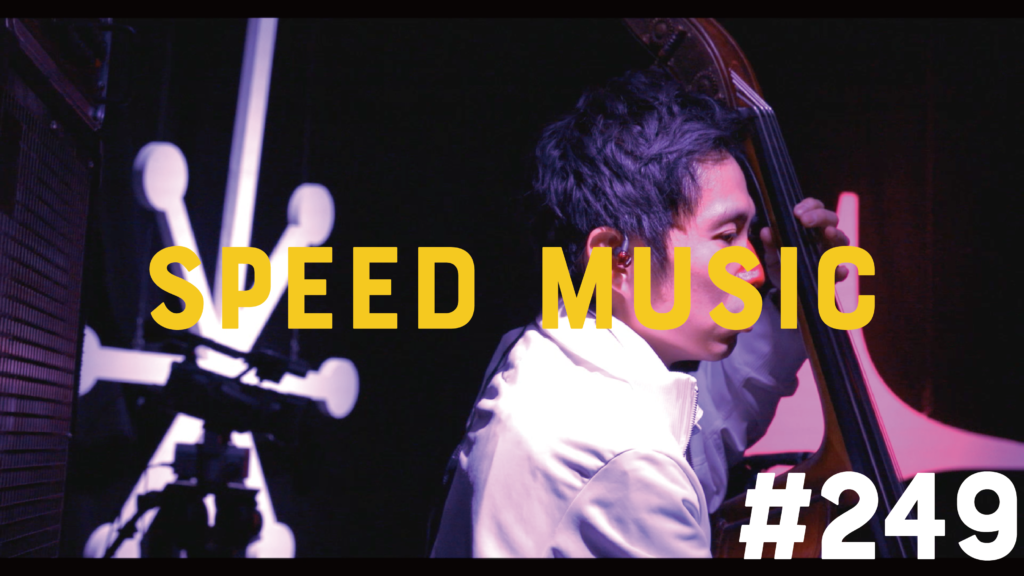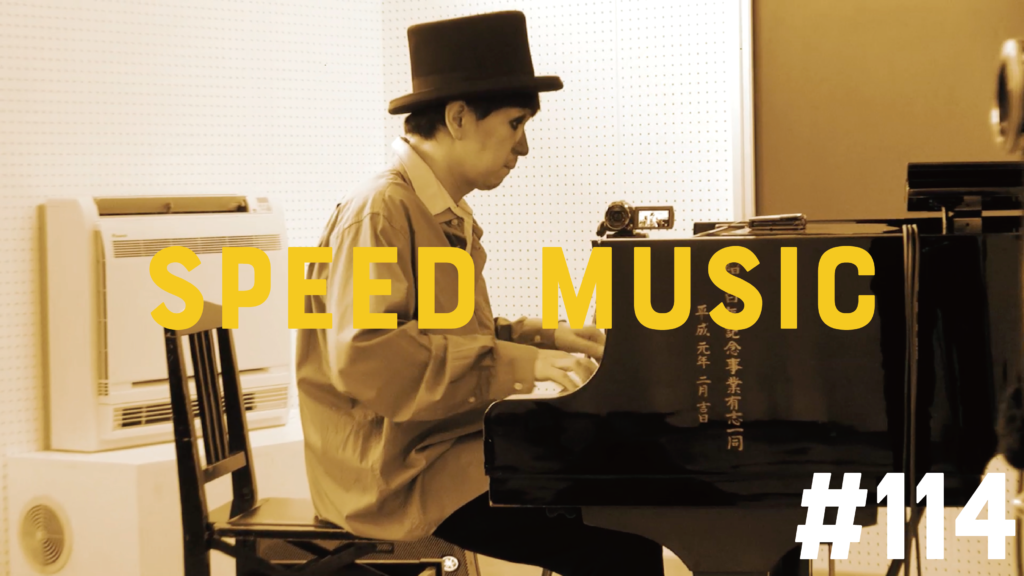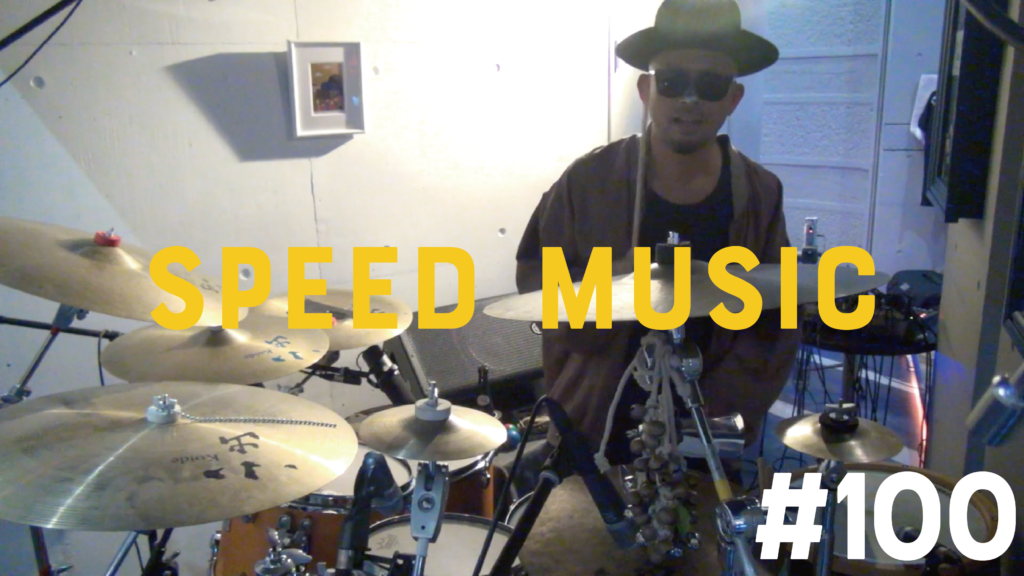#293 メリクリ / BoA by H ZETTRIO
日韓同時発売。韓国版のタイトルはMerry-Chriとなっていて、収録曲は同じ。プロモーション・ビデオは北海道勇払郡占冠村の水の教会および根室本線の落合駅で撮影している。また、偶然に降ってきた初雪をそのまま演出に使用した。2007年第58回NHK紅白歌合戦において、「BoA ウィンター・バラード・スペシャル」と題して「LOVE LETTER」とメドレーで歌唱された。(フリー百科事典 ウィキペディア日本語版より:https://x.gd/k9gUU)
Released simultaneously in Japan and Korea. The title of the Korean version is Merry-Chri, and the songs are the same. The promotional video was shot at Water Church in Shimukappu Village, Yufutsu District, Hokkaido, and Ochiai Station on the Nemuro Main Line. In addition, the first snow that happened to fall was used as it was in the production. At the 58th NHK Kohaku Uta Gassen in 2007, the song was sung as a medley with "LOVE LETTER" under the title "BoA Winter Ballad Special". (From the free encyclopedia Wikipedia Japanese version: https://x.gd/k9gUU)





